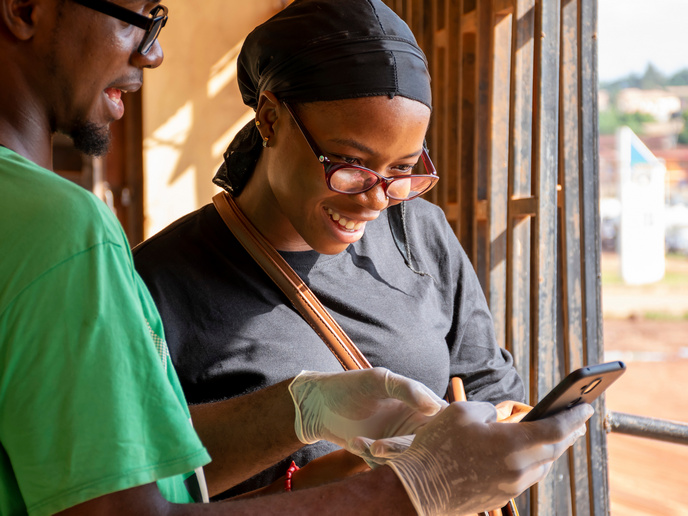Digital transformation of African healthcare
Imagine a remote village in rural Africa where access to healthcare is scarce. Now picture a scenario where residents can receive high quality health care services where they are with the help of digital technologies. Digital technologies hold tremendous potential to transform and enhance the quality of healthcare. Telemedicine offers care to remote or underserved areas and patients can access their health records and lab results online. Moreover, data analytics and machine learning help identify trends and predict health outcomes, ultimately leading to more personalised and effective treatment plans.
The challenges in African healthcare
Africa's lower and lower-middle income countries (LLMICs) face a multitude of challenges in their healthcare systems, including shortages of healthcare professionals, limited access to healthcare services, as well as inadequate educational opportunities for healthcare providers. Furthermore, local issues, including heightened disease transmission rates, ineffective surveillance mechanisms and costs, collectively compromise the quality and availability of health services when using digital health technologies and platforms. The EU-funded BETTEReHEALTH project was a collaborative effort between European and African partners that aimed to contribute to better, more accessible, and more efficient eHealth(opens in new window) services in LLMICs. “So far, efforts to develop a national eHealth policy and strategy have been fragmented,” explains project coordinator Konstantinos Antypas. As a first step, the consortium collected evidence and created a registry(opens in new window) with available eHealth solutions and provided services. The registry also includes respective policies and strategies alongside best practices and lessons learned at all levels of the health system.
Overcoming eHealth barriers in Africa
To foster dialogue, networking, and cooperation among stakeholders from African countries, BETTEReHEALTH established regional hubs in Tunisia, Ghana, Ethiopia and Malawi. These hubs were endorsed by each country's Ministry of Health and played a key role in the organisation of meetings, international workshops, webinars, and consultation workshops to encourage the participation of all relevant stakeholders. “Our goal was to actively engage local stakeholders in the development of eHealth policy initiatives and the successful deployment of accessible e-health in Africa,” outlines Antypas. The project highlighted the need to involve patients in eHealth policy making through collaboration with the International Alliance of Patient Organisations (IAPO) and local patient organisations. By the end of the project, representatives of healthcare professionals were also integrated into eHealth policy discussions. Governments seem to acknowledge the great potential of eHealth to deliver cost-effective and quality healthcare. However, the lack of digitalisation in basic administrative processes has led to problematic and unsuccessful attempts(opens in new window). BETTEReHEALTH identified various barriers(opens in new window), including human-related factors such as economic status and digital literacy. Together with local authorities, an eHealth policy roadmap and a strategic implementation plan have been proposed.
The road ahead
eHealth has the potential to revolutionise healthcare in Africa. The knowledge generated during BETTEReHEALTH will help countries to align with global eHealth goals, such as the UN Sustainable Development Goals, and have the power to improve healthcare provision in LLMICs. By strengthening North-South and the South-South collaborations, BETTEReHEALTH hopes to empower stakeholders to participate in constructive dialogues aimed at improving eHealth. “The partners of BETTEReHEALTH will continue to work together under the umbrella of the International Society for Telemedicine and eHealth while seeking future funding that will secure the extension of this research and collaboration,” concludes Antypas.







